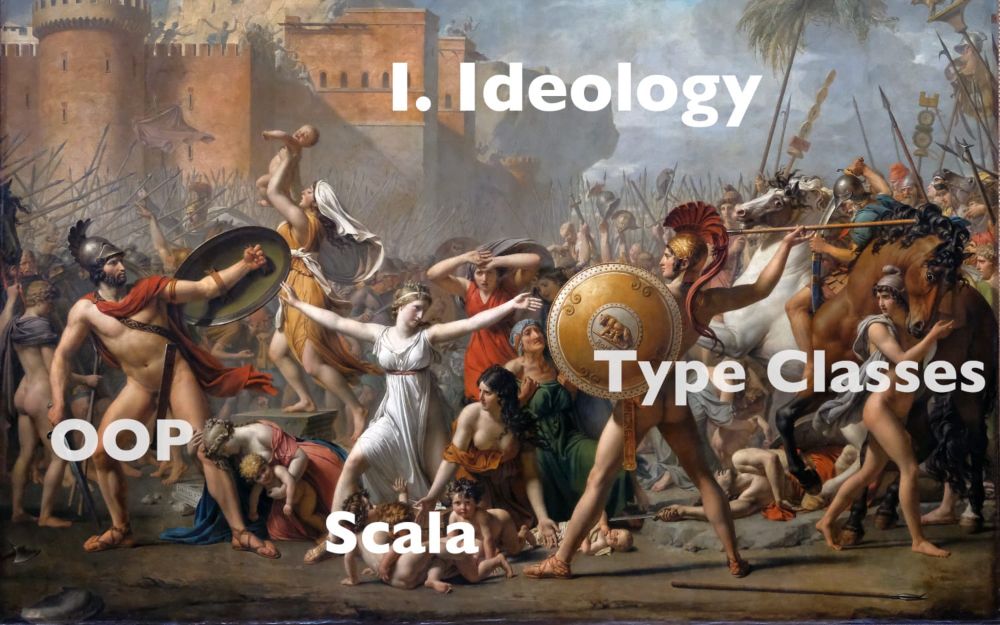
🌍 Bucharest, Romania
https://alexn.org/about/
Seriously, I don't think writing all those annotations is any less effort than composing opts or commands.
But YMMV. Also, thanks for the code, as I'm looking to work on some macros and may take inspiration from it :)
github.com/indoorvivant...

Seriously, I don't think writing all those annotations is any less effort than composing opts or commands.
But YMMV. Also, thanks for the code, as I'm looking to work on some macros and may take inspiration from it :)
github.com/indoorvivant...
alexn.org/blog/2025/10...

alexn.org/blog/2025/10...
But the super-power of type-classes is that you can derive their instances.
But the super-power of type-classes is that you can derive their instances.
Type-classes work better w/ functions + ideology (note that I love OOP, too):
alexn.org/blog/2022/05...

Type-classes work better w/ functions + ideology (note that I love OOP, too):
alexn.org/blog/2022/05...


